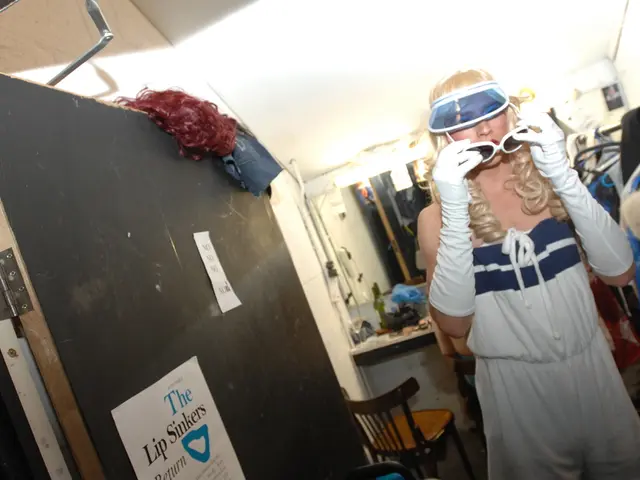Researcher from Harvard under arrest, still detained following judge's approval for ICE bond on accusations of transporting frog embryos illegally.
In a significant development, a U.S. district court judge in Vermont has authorized a bail review for Kseniia Petrova, a researcher at Harvard Medical School who has been detained by Immigration and Customs Enforcement (ICE) for allegedly smuggling frog embryos into the United States.
Petrova, a Russian national, will remain in custody until a bail hearing on criminal charges, scheduled next week. Her legal team plans to argue that the frog embryos were not dangerous or unlawful and that the customs officers at Boston's Logan International Airport lacked the authority to revoke her visa or detain her.
Arrested on February 16, Petrova has been in custody for over three months, part of a larger wave of foreign academics whose visas have been revoked under the Trump administration's immigration policy. In a bid to demonstrate Petrova's contributions to her research team and the scientific community, character witnesses testified during Wednesday's hearing.
Marc Kirschner, who runs Petrova's lab at Harvard Medical School, attested to her significant contributions to their research efforts, while two researchers described a warm and collaborative relationship with Petrova. Cora Anderson, one of her research assistants, called Petrova an "endless well of kindness." Michael West, a biotech industry specialist, emphasized Petrova's expertise in bioinformatics, stating that he would hire her "in a heartbeat."
Petrova faces potential deportation to Russia, where she fears persecution due to her past political activism against the war in Ukraine. Her legal team has argued that the government's actions stem from improper conduct and an attempt to unfairly prosecute her for a minor customs violation.
While Petrova has admitted to failing to declare the frog samples, her legal team contends that her detainment and the revocation of her visa represent a government overstep. With her future bail hearing in Massachusetts looming, Petrova is eager to return to her lab and complete her ongoing research on potentially revolutionary developments in the field of disease research.
Science and health-and-wellness fields may benefit from Petrova's return to Harvard Medical School, as technology expert Michael West expressed his willingness to hire her "in a heartbeat." medical-conditions research conducted by Petrova could potentially address various medical-conditions, especially with her expertise in bioinformatics.






